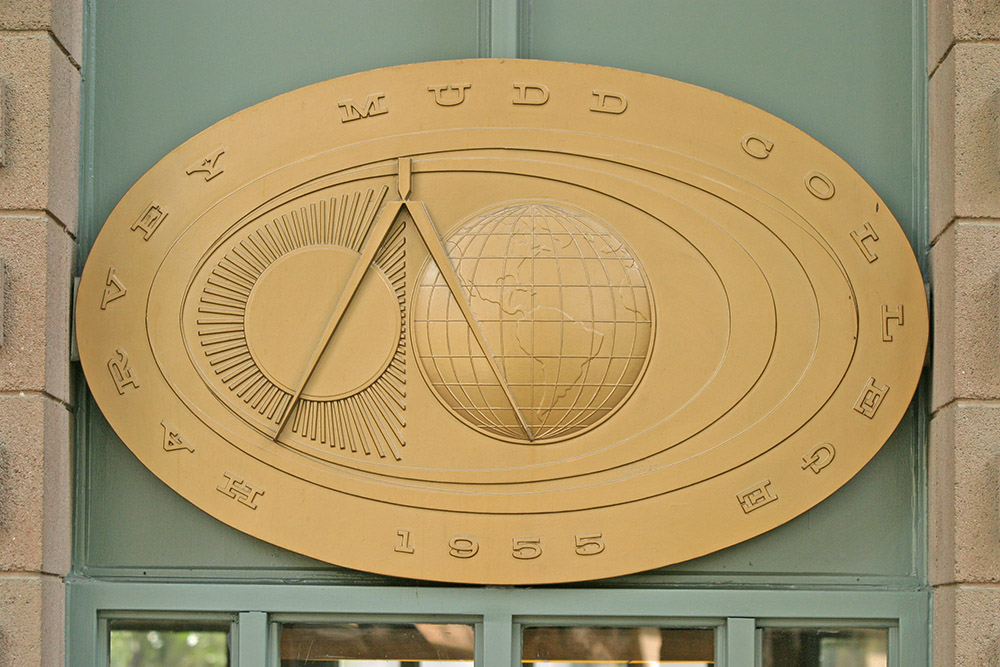Donors Respond, Support Harvey Mudd Diversity Programs
May 24, 2017
Recognizing that excellence, diversity and inquiry go hand in hand, the College is building a more gender- and ethnically diverse student body, thereby strengthening the education and experience for all students.
“STEM-focused, higher education institutions have long struggled with underrepresentation of historically marginalized communities,” says Sumun Pendakur, co-chief diversity officer, associate dean for institutional diversity and director of the Office of Institutional Diversity (OID). “This challenge is an opportunity for Harvey Mudd College to lead the way by showing how to broaden participation, expand the pipeline and cultivate a welcoming, inclusive campus climate, all while maintaining our high standards and performance.”
In recent years, Harvey Mudd students have voiced concerns about lack of support for underrepresented, international and first-generation individuals. Pendakur and her team have been increasing campus-wide efforts related to access, equity, campus climate and inclusion.
In addition to steps taken by the College administration, two community members stepped up to help by providing funds in two crucial areas.
Two positions funded
Harvey Mudd Board of Trustees member Jocelyn Goldfein is underwriting two graduate OID interns to expand the College’s first-generation and international student programming.
“Harvey Mudd is a pioneer in this type of programming,” says Goldfein, managing director at Zetta Venture Partners and well-known diversity-in-tech advocate. “I see this as funding innovation in a campus diversity program that is asking and answering new questions about what it takes to deliver this kind of experience, that I hope will be a bellwether for campuses all over the country. We’ll get some things right and wrong, but most of all, we will learn what it takes.”
“Jocelyn’s partnership allowed OID to meet the fast-evolving needs of our campus community this year,” says Pendakur, whose staff also includes an assistant dean and five students who serve as social justice campus ambassadors.
New Programs for First-Gen & International Students
The OID graduate interns serve as co-leaders of the new Project Decode program for first-generation and/or low-income students. The program helps students build community and navigate Harvey Mudd and the world by providing valuable resources, services and workshops, and it helps faculty and staff learn how to better support this student population.
The OID team also recently launched Project 196+, an international student support program designed to build community, create mentoring relationships and increase the capacity of faculty and staff to better meet the complex needs of international students, third-culture individuals and global nomads. The program offers events to assist students academically and socially.
Harvey Mudd is preparing for yet another diverse incoming class. About 10 percent of the Class of 2021 are first-generation college students. The entering class is 21 percent Latino/Latina, 13 percent Asian, 14 percent multiracial, 5 percent African American and .5 percent Native Hawaiian or Pacific Islander. Women in the entering class comprise 50 percent, one of the highest gender ratios of any science- and engineering-focused institution.
In terms of geographic distribution, students come from 32 states plus the District of Columbia as well as 16 countries outside the United States: Brazil, China, Ethiopia, Greece, Hong Kong, India, Indonesia, Japan, Myanmar, Pakistan, Singapore, South Africa, South Korea, Turkey, United Arab Emirates, United Kingdom and Vietnam.
Securing funding for diversity-related programs is among the goals of the $150 million Campaign for Harvey Mudd College. The College is committed to continuing programs that significantly increase the diversity of its community while maintaining excellence in all areas.
